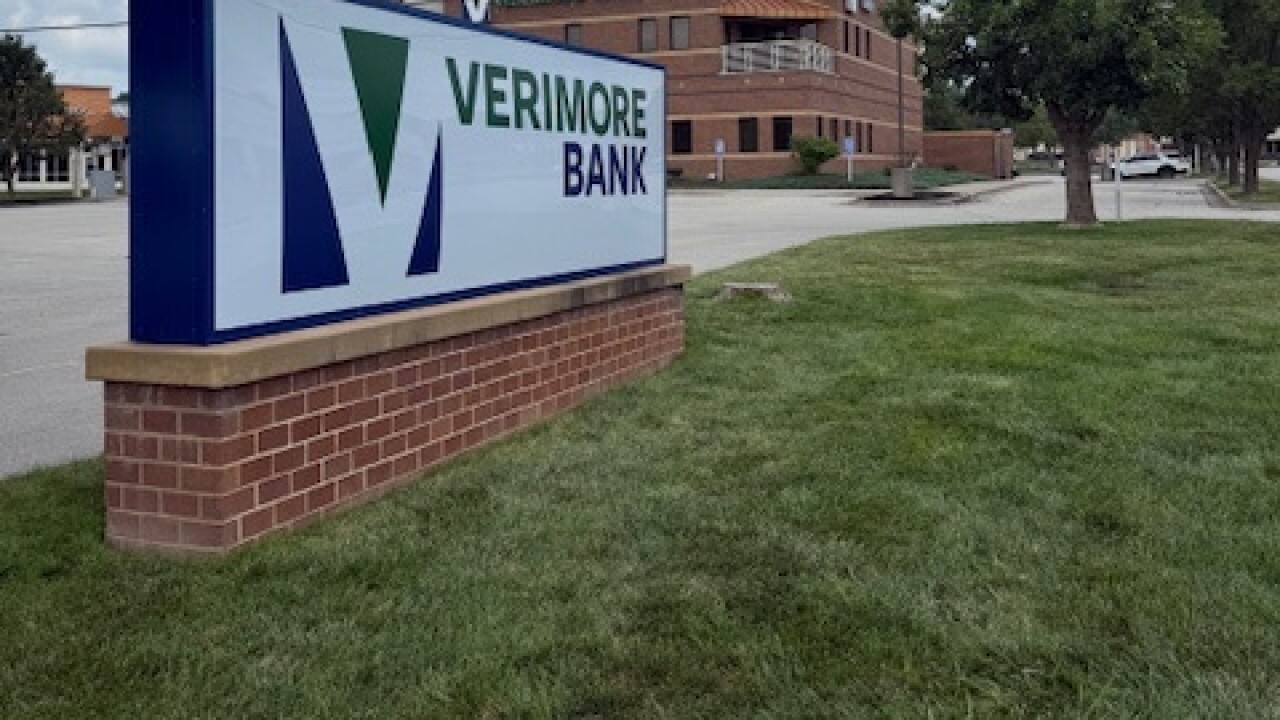
ACC Capital Holdings Corp.'s $325 million settlement with attorneys general and regulators from 49 states breaks ground by holding the parent of Ameriquest Mortgage Co. to centralized, random appraisal ordering.
Though the company and some observers said the settlement establishes a new standard for subprime lenders, some of the provisions are either commonplace or have appeared in state anti-predator laws. In fact, Ameriquest says it has followed some of the practices since as far back as 2003.
Still, whether the practices are well established or not, their appearance in a widely publicized settlement could lead to their being adopted more widely. For example, both H&R Block Inc.'s Option One Mortgage Corp. (which is updating its best practices) and New Century Financial Corp. said Monday that they will review the details of Ameriquest's settlement.
ACC Capital did not admit wrongdoing. Tom Noto, its general counsel, said the negotiations took so long because the attorneys general wanted to create a set of best practices for others to emulate.
"This should be viewed as a model for the industry," he said in an interview Monday. "We trust that others will fall in line behind the practices we've adopted."
Wright Andrews, a lawyer with Butera & Andrews in Washington, said he thought the settlement would "clarify what at least the AGs think is fair and workable. … This will give tremendous guidance to the industry" on what state officials feel are best practices.
The settlement could become "something of a road map in key areas" for the creation of "uniform national standards," which the industry has been seeking for several years, Mr. Andrews said.
Mr. Noto said ACC Capital's retail subsidiaries, Ameriquest Mortgage Co., AMC Mortgage Services, and Town and Country Credit Corp., will centralize appraisals over the next year, instead of letting branch staff order them. The change is meant to keep branch staff from exercising undue influence on appraisers - a central problem identified by the enforcement officials' investigation.
Though centralized appraisal orders, either through a vendor management subsidiary or an internal department, are common among mortgage lenders, they are by no means the rule.
Last year federal banking agencies issued a set of answers to frequently asked questions on appraisals. The agencies did not mandate centralization, but they did say loan officers may order appraisals only from a rotating provider list they do not control.
Not all of the conditions listed in the settlement are new.
For instance, Mr. Noto said, in 2003, Ameriquest instituted a risk-based pricing engine meant to give borrowers with similar credit characteristics the same loan. A year later it instituted an internal whistleblower program and started printing loan documents in Spanish.
ACC Capital has allocated $295 million that will be used over the next year to compensate borrowers who obtained loans from Ameriquest between Jan. 1, 1999, and Dec. 31, 2005. The company will also provide $30 million to reimburse the states for legal fees and other costs related to the inquiry. An independent settlement administrator will distribute the funds.
Some doubted that the rest of the industry would adopt the practices in the Ameriquest settlement as their own.
The general counsel for a midsize rival of Ameriquest, who requested anonymity, questioned how groundbreaking the settlement was. Having a centralized appraisal ordering system would not be hard to adopt, he said, and plain-English disclosures are not "a hard thing to implement."
The settlement probably would not put Ameriquest at a competitive disadvantage, but the compliance committee could prove to be a thorn in the company's side, he said. "That, to me, is probably among the scarier things for Ameriquest. Things could get political there. People could have different views and different interpretations of what the agreement calls for."
Iowa Attorney General Tom Miller said Citigroup Inc. and Household International (now part of HSBC Holdings PLC) became "two of the best companies" in subprime lending when they reached settlements and changed their practices a few years ago. As a result of the settlement announced Monday, he expects Ameriquest to become "one of the best" as well.
On a conference call Monday, he said that $175 million of the money would go to consumers who took out Ameriquest loans between January 1999 and April 2003, when the company changed its pricing model. Those borrowers were primarily victims of upselling, Mr. Miller said; they would get at least $600 each in restitution.
Another $120 million will be reserved for a second pool of borrowers and will be doled out according to the number of borrowers affected in each state. Mr. Miller said the money would cover borrowers who took out loans from April 2003 to the present.





